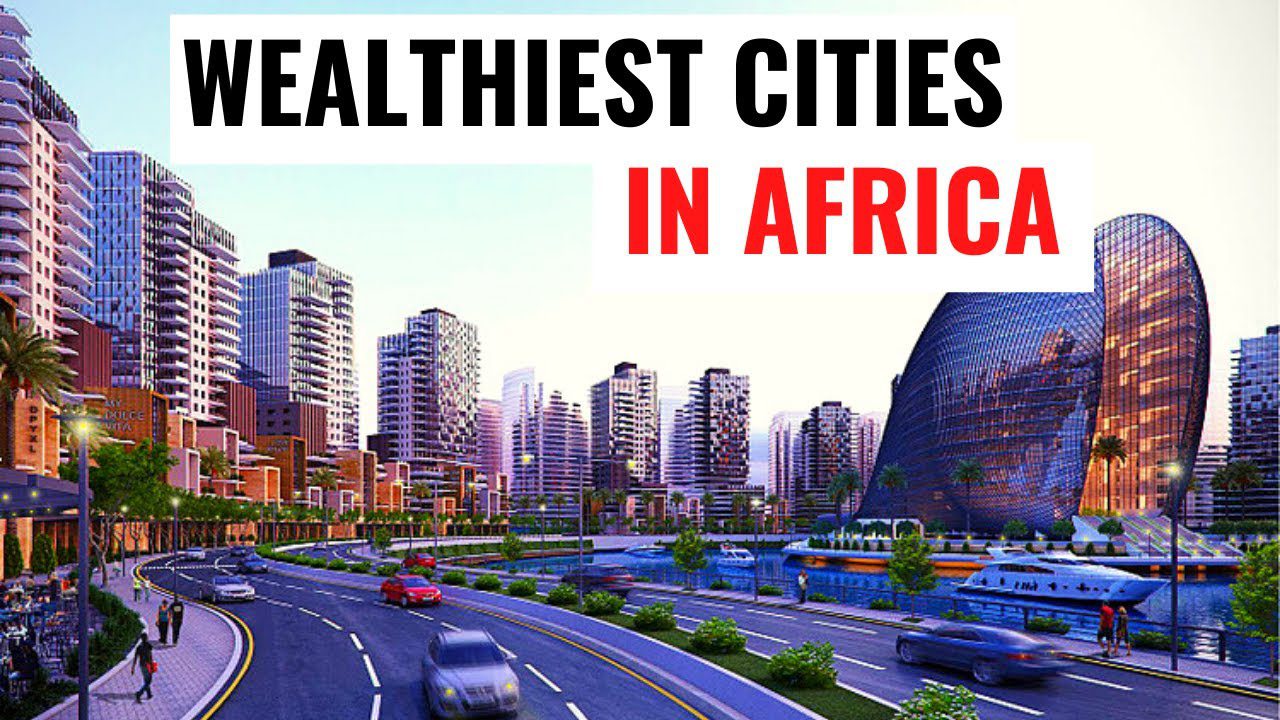What determines a country’s wealth?, does ity come down to the country’s resources, private wealth in the country, including trends in high-net-worth individuals, luxury and wealth management? All these actually play a major role in determining the wealth of a country, however high-net-worth individuals play a much bigger role in this, and the following list is based on the number of millionaires (in USD) living in the country:
Johannesburg (14,600)
The city of Johannesburg, established during the Witwatersrand Gold Rush of 1886, holds the title of being the richest city in Africa. Its affluence is primarily centered in Sandton, where the JSE, the biggest stock exchange on the continent, and the headquarters of many major African banks and corporations are located. The city’s principal industries consist of financial services, encompassing banks, and professional services, such as law firms and consultancies.
Cairo (7,400)
Situated on the banks of the Nile River, Cairo holds significant historical importance and is renowned as one of the most crucial cities globally. It also boasts the highest number of billionaires of any other African city. Cairo’s primary industries encompass financial services, telecommunications, retail, tourism, and basic materials.
3. Cape Town (7,200)
The urban center boasts Africa’s most luxurious neighborhoods, namely Clifton, Bantry Bay, Fresnaye, Llandudno, Camps Bay, Bishopscourt, and Constantia. These areas have the highest prime residential rates on the continent, comparable to cities like Washington, D.C., or Berlin. Additionally, the city is host to top-end lifestyle estates like Steenberg, Atlantic Beach, and Silverhurst Estate. The major industries thriving in the area are real estate and fund management
4. Lagos (5,400)
With regard to its population, Lagos stands as the most populous city in Africa and serves as the primary economic centre for West Africa. The affluent neighborhoods of Lagos consist of lkoyi and Victoria Island. The major sectors of the city’s economy include basic materials, oil and gas, transportation, and financial services.
5. Nairobi (4,700)
One of the world’s fastest-growing cities, Nairobi serves as the economic hub of East Africa. Some of its affluent areas are Runda Estate, Lavington, Kitisuru, Karen, and Muthaiga. Nairobi’s major industries comprise financial services, real estate, tourism, media, clothing, textiles, processed foods, beverages, and cigarettes.
6. Durban (3,600)
7. Casablanca (2,800)
8. Pretoria (2,400)
9. Accra (2,000)
10. Luanda (1,800)

















